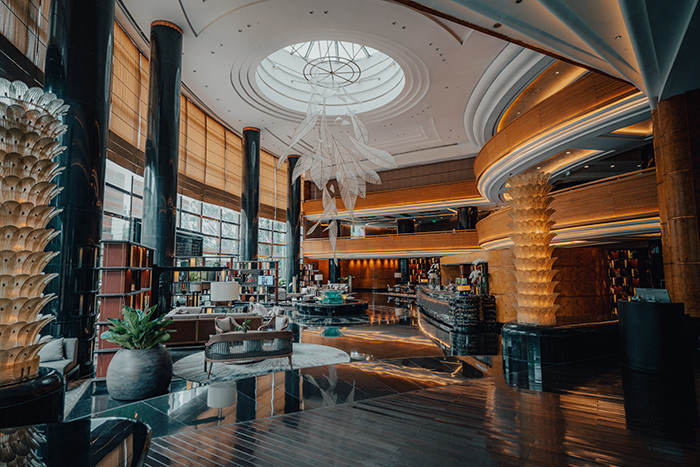Jakarta Globe are referring to a recent report published by Jones Lang LaSalle (JLL) who are predicting that Indonesia’s economy, the largest in Southeast Asia, would attract the highest amount of investment since 2013, particularly in the hotel industry sector.
“We expect Indonesia to record a total hotel investment volume of USD 300-million for the full year 2023,” Jones Lang LaSalle wrote in a report published last week.
“As of September 2022, Indonesia was ahead of comparable destinations in terms of hotel investment volumes, with a total of USD 174-million exchanged. The transaction of the Sofitel Bali was the key deal this year, with the highest transacted price in the country since 2011,” the consultancy firm wrote.
Tourism recovery in Indonesia and Southeast Asia region following the easing of Covid-19 pandemic travel restrictions has fuelled optimism among hotel operators.
Julien Naouri, the vice president of Asia investment sales at JLL’s hotels and hospitality group, said he expected Indonesia tourism recovery in Indonesia would be “more comprehensive.”
Naouri noted the average daily rate of luxury hotels in Bali now exceeded their pre-pandemic level, offsetting the relatively low occupancy rate. Hotels in Jakarta are now seeing strong domestic demand, with foreign corporate visitors expected to return soon, he said.
More than 1.7-million foreign tourists arrived in Indonesia in the first eight months this year, which jumped from a meagre 0.08-million tourists in the same period last year.
The latest data from the Central Statistics Agency showed hotel occupancy rate across Indonesia reached 47.38-percent last August, almost double the 25.1-percent rate in the same month a year earlier. Before the pandemic, August’s occupancy rate was usually above 50-percent.
Minister of Tourism and Creative Economy Sandiaga Uno said the tourism recovery and the government’s support created a unique momentum for investors willing to put in their money in the hospitality sector.
“It’s time to invest now because there are so many opportunities in the tourism and creative economy sector,” Sandiaga said.
The Minister of State Owned Enterprises Erick Thohir said the ministry was working on consolidating 103-hotels currently run by separate management of many state-owned companies under a single holding entity.
Erick said instead of running hotels, the state-owned companies should concentrate on their core competence.
“I have told the companies don’t run your own hotels. Oil companies should handle oil only, plantation companies should handle plantation only,” he said.
At least 10 state-owned companies now run their own hotels. They include the state energy firm Pertamina with seven hotels under the Patra Jasa brand. State pawn-shop chain operator Pegadaian runs nine hotels, state financing firm PANN Multifinance has one hotel, railway operator Kereta Api Indonesia also has one, the flagship carrier Garuda Indonesia runs seven hotels, and airport operator Angkasa Pura Airport owns three hotels.
In addition, construction companies Adhi Karya and Waskita Karya operate three hotels each, while their peer PP has four. Even steelmaker Krakatau Steel also sees the need to run one hotel in Cilegon, Banten.
Erick also said the state-owned hotel’s consolidation could also drive demand for products from small and medium-sized enterprises in Indonesia.
Maulana Yusran, the general secretary of the Indonesian Hotel and Restaurant Association (PHRI) said welcomed the government plan. He said the consolidation would ensure steady demand for SMEs’ output, helping them to scale up and standardize their products.
Source: Jakarta Globe


